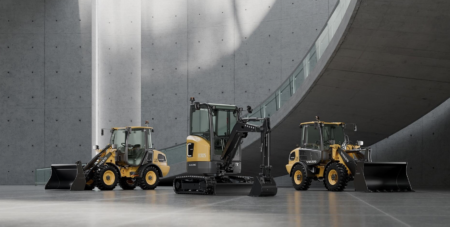The UK government is investing £10m (US$12.7m) in the development of low-carbon off-highway vehicle technologies.
Heat management specialist Zircotec is part of a consortium of industry-related businesses tasked with making the cleaner fuel solutions viable and cost-effective. Ricardo, Eminox and the National Composites Centre are also involved in the project, which is led by New Holland Agriculture.
Awarded funding through the Advanced Propulsion Centre (APC), the consortium’s focus will be to improve performance, autonomy and efficiency of low-carbon agricultural tractor concepts that rely on natural gas or bio-gas instead of diesel as a fuel source.
Higher temperatures
Significantly higher exhaust gas temperatures occur with gas-fuelled engines, compared with diesel, necessitating advanced thermal management techniques to meet cost and packaging targets.
Zircotec is providing essential thermal management consultation to contain the higher exhaust temperatures associated with the change of fuel, which increase from around 500°C to as much as 850°C.
“The change of fuel leads to much higher exhaust temperatures and a completely different aftertreatment system to a diesel tractor, without any realistic package space remaining for conventional heat shields and insulation. This means developing compact, high performance, integrated solutions to manage the engine bay temperatures and protect the external environment,” explained Zircotec group sales director Graeme Barette.
“There are also significant challenges to overcome with regard to emission control, especially during cold-start conditions. We are being given the opportunity to apply Zircotec’s heat management expertise to the entire integrated system, allowing us to manage heat much more effectively, minimizing heat loss in some regions so that heat can be utilized elsewhere within the system.
“We are already using our existing ceramic based products in new ways to achieve the required performance; for example, by creating a ceramic ‘second skin’ for some areas we have reduced external temperatures by over 50%.”






